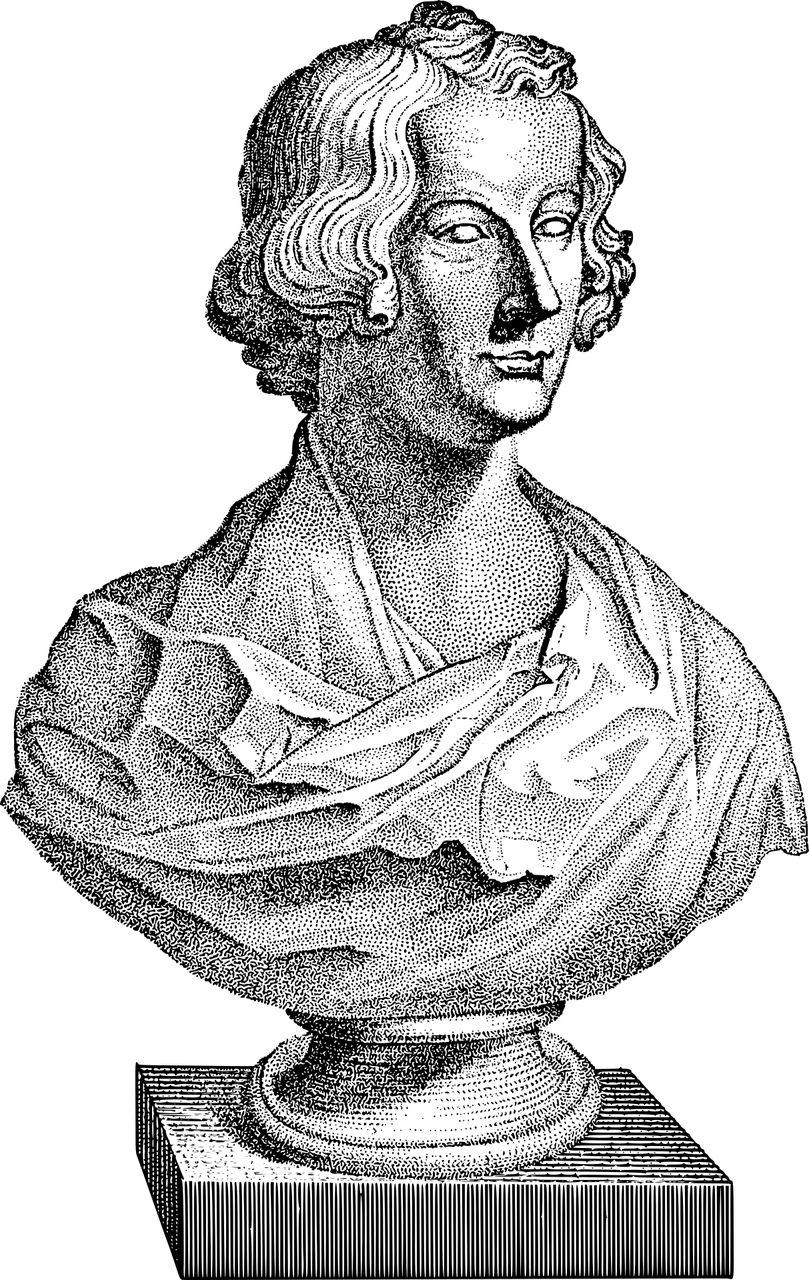George Orwells Animal Farm: An In-depth Analysis

Introduction
George Orwell’s Animal Farm, first published in 1945, is a novel that serves as a political allegory, reflecting the events leading up to the Russian Revolution of 1917 and the early years of the Soviet Union. In this satirical masterpiece, Orwell uses a group of farm animals to convey his views on communism, power, and corruption. Understanding the historical context and Orwell’s intentions is essential for anyone interested in delving into this thought-provoking work.
Background and Significance

Animal Farm is set on a fictional farm called Manor Farm, owned by the oppressive farmer Mr. Jones. Inspired by the ideals of Old Major, a wise boar, the animals rebel against their human master and establish their own society based on the principles of equality and fairness. However, as time goes on, the pigs, led by the manipulative and power-hungry Napoleon, gradually seize control and transform the farm into a totalitarian regime.
The Historical Evolution of Animal Farm
Orwell’s Animal Farm draws heavily from the political events of the early 20th century. At its core, the novel is a critique of the Soviet Union under Joseph Stalin. By using animals to represent various political figures, Orwell satirizes the betrayal of the original ideals of the Russian Revolution and the subsequent rise of a corrupt ruling class.
In the years following its publication, Animal Farm gained widespread popularity and critical acclaim. Orwell’s depiction of the dangers of totalitarianism resonated with readers during the post-World War II era. The novel’s themes of power, propaganda, and the perils of blind loyalty continue to be relevant today, making it a timeless classic.
Key Themes Explored in Animal Farm
Animal Farm delves into various profound themes, shedding light on the human condition and the nature of power. Some of the key themes explored in the novel include:
1. Corruption and Betrayal: Animal Farm highlights the vulnerability of idealistic movements, showing how power can corrupt even those with the best intentions.
2. Propaganda and Manipulation: The use of propaganda and manipulation to control the masses is a recurring theme in Animal Farm, underscoring the importance of critical thinking and individual agency.
3. Equality and Class Struggle: The initial goal of Animal Farm is to create a society where all animals are equal. However, the pigs’ eventual rise to power exposes the inherent flaws in the pursuit of equality, revealing the constant struggle between different social classes.
4. Allegory and Satire: Through its allegorical nature, Animal Farm satirizes the historical events and political figures of the Russian Revolution. Orwell’s gift for satire allows readers to engage with complex political ideas in an accessible manner.
The Impact and Legacy of Animal Farm
Animal Farm has left an indelible mark on literature and popular culture. Its timeless message about the dangers of totalitarianism and the manipulation of truth continues to resonate with readers of all ages. The novel’s insights into human nature and the corrupting influence of power have made it a staple in educational curricula worldwide.
Animal Farm’s popularity has extended beyond the realm of literature. The novel has been adapted into various films and plays, further cementing its status as a cultural touchstone. Its influence can also be seen in modern-day political discourse, with phrases such as “All animals are equal, but some animals are more equal than others” entering the lexicon.
Conclusion
In conclusion, George Orwell’s Animal Farm remains a powerful and relevant work that encapsulates the dangers of authoritarianism and the manipulation of power. By using animals as allegorical representations, Orwell crafts a story that transcends time and place. Understanding the historical context and key themes of Animal Farm allows readers to appreciate its enduring significance and the lessons it imparts. Whether approached as a political allegory, a cautionary tale, or a work of literature, Animal Farm offers a profound exploration of human nature and the pursuit of an ideal society.











